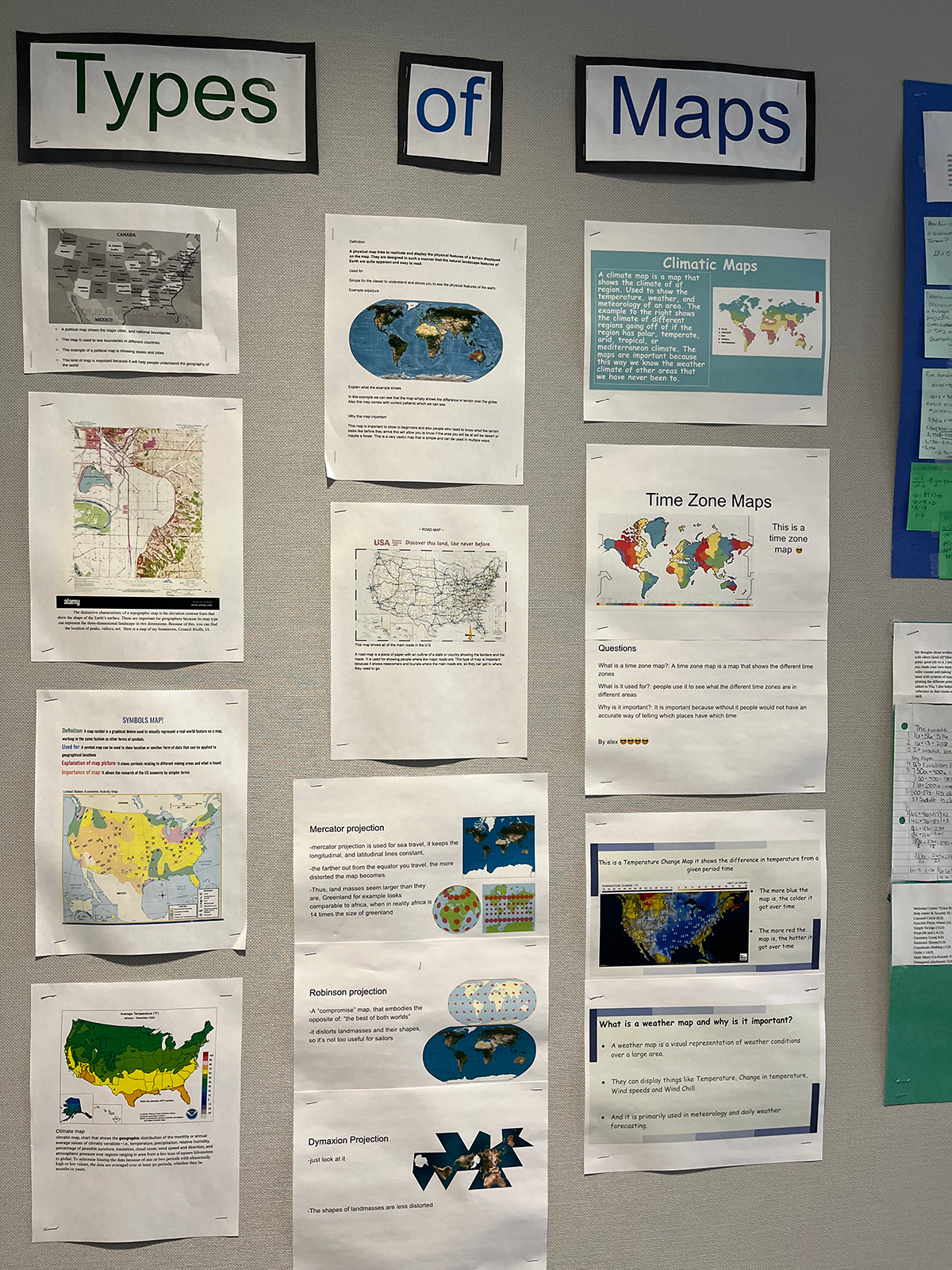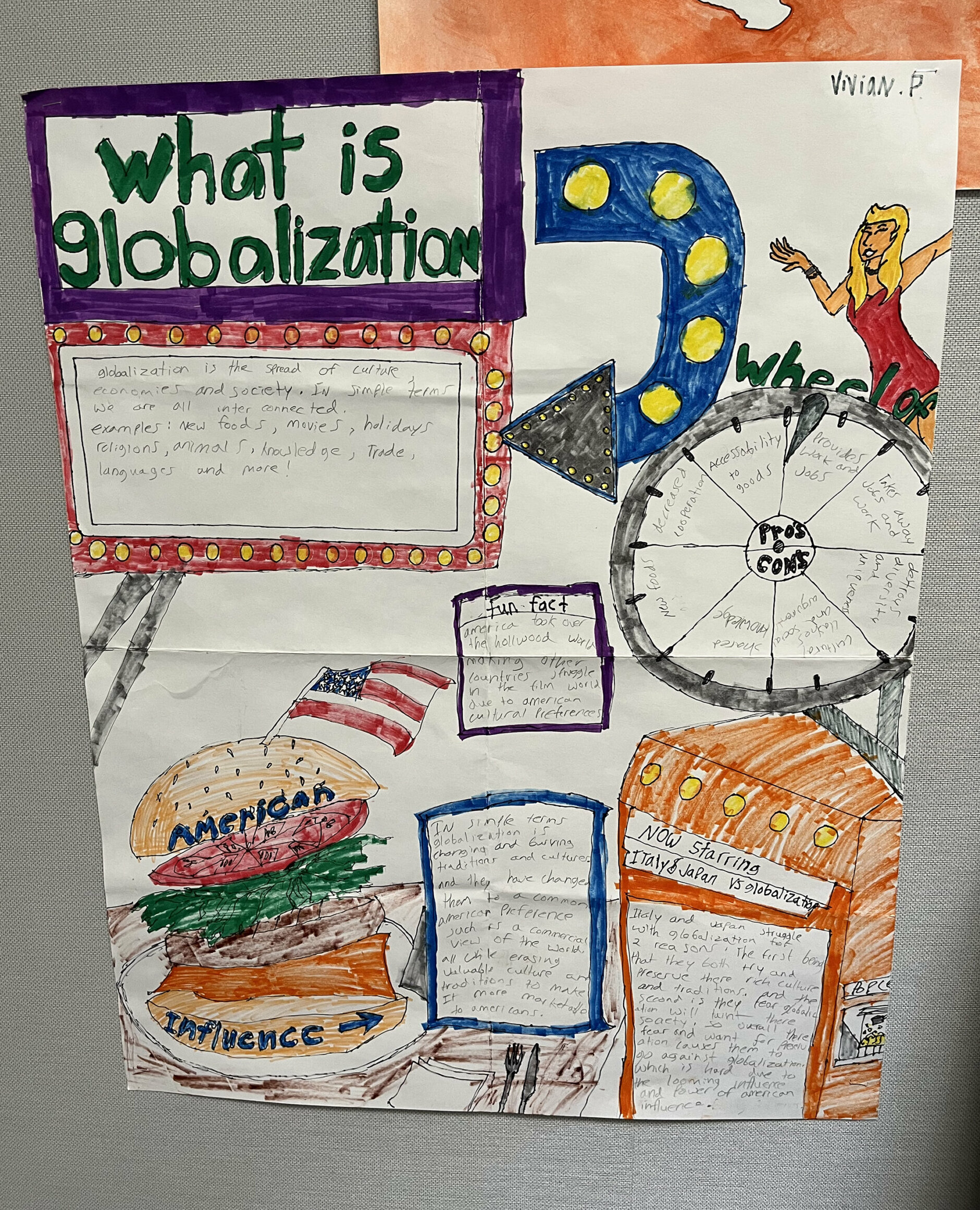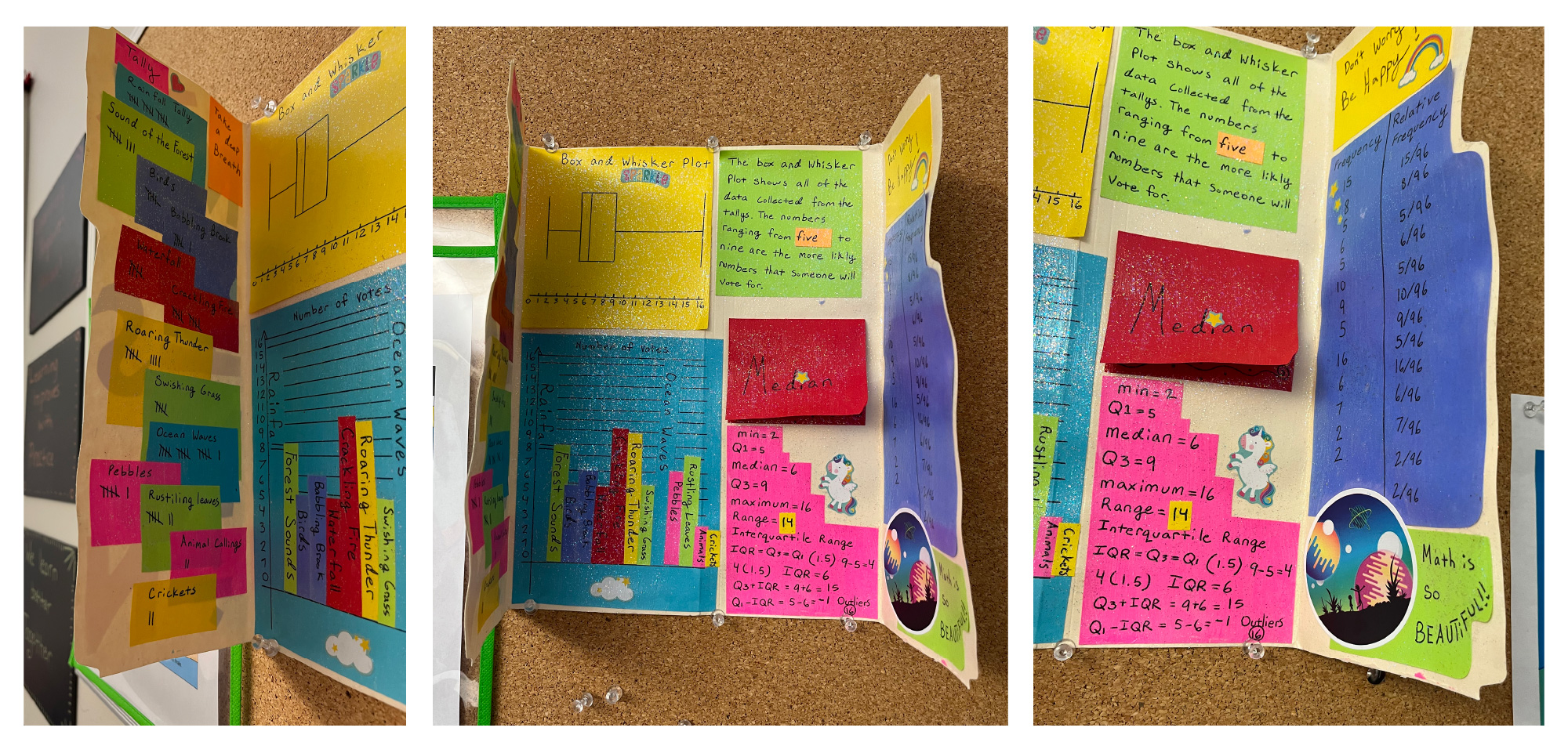Get to know the Learning Skills that help students EXPLORE
When you think of your time in school, as a student, what comes to mind? Is it what you learned? Or how you learned it and what you did?
These days I can’t tell you the first thing about Calculus, or anything about Chemistry. None of the content stuck with me long-term.
But I’ll tell you what has stuck with me – the skills I learned in school. The skill of asking questions, and being curious. The skill of reflecting, and applying what I already knew about a topic to any new knowledge gained. The skills of investigating a problem or challenge and assessing the arguments of others.
We need content, yes. We need content to be able to practice skills, and we need content knowledge to pursue specific career pathways and interests . But the skills – the how, and the doing, not the what – are what stick with us and matter the most after high school.
So how do you focus on skill development in your classroom? How do you provide students opportunities to practice skills that will stick with them as they face new adventures and challenges?
Our Learning Skills are one framework you can use to make skills the focus in any course and classroom. These skills are drawn from existing standards and frameworks, such as Common Core and NGSS, and organized into groups: Explore, Analyze, Reason, Communicate. Most likely, these skills are already a part of your classes, even if they’re not explicitly talked about yet.
In this post we focus on Explore, which includes the following Learning Skills:

Let’s take a look at examples of what these skills actually look like in practice.
Establish Meaning
Before students can analyze a text, conduct a lab experiment, or solve a math problem, they have to start with understanding any concepts or content necessary to be able to complete those activities.
Students can establish meaning in various ways, including:
- Defining important vocabulary for a topic or concept
- Summarizing the plot of a story
- Explaining a science phenomenon
- Observing a chemical reaction during a science lab
- Conducting research on a topic
- Creating a timeline of events
- Annotating a text for key details
- Establishing what a manipulated variable is in math

Ask Questions
It can be hard not to fall into the trap of talking at students. Who can blame a teacher with a class of 30+ restless students and a ton of content to get through? But, being able to generate and ask questions – both big and small – is a skill that needs to be practiced early and often. Asking questions helps students connect with the work they do, develop agency and independence, and create a foundation for practicing other skills such as investigating and evaluating.
Students can develop and ask questions during class and as part of class work in many ways, including:
- Annotating a text and writing down questions about places of confusion, ideas they want to know more about, etc.
- Creating questions for a class discussion or Socratic seminar
- Asking questions on an exit ticket
- Posting questions in a designated “parking lot” (a space where students can ask questions about class topics or work)
- Developing questions for a research project
- Creating questions to generate ideas for a project
- Recording questions during a class discussion (to come back to later)

Investigate
Oftentimes, students think that once they’ve established meaning and gained foundational knowledge about a topic, they’re done. Far from it! Establishing meaning is just the beginning. Investigate is a skill that takes students beyond understanding a concept to actually working with it. To investigate is to wonder, explore, and find answers to questions.
Students investigate by:
- Searching for and identifying quality resources for research
- Conducting a lab investigation
- Determining relevant, convincing evidence to use to prove a point
- Applying knowledge of a concept to brainstorming for a project
- Synthesizing sources of information or results from multiple experiments
- Investigating various representations of mathematics
- What is the relationship between ___ and ___?
- What does ___ mean to you? (e.g. symbol, quantity, diagram)

In the coming weeks, we’ll highlight the other skill groups (Analyze, Reason, and Communicate) and ways students can practice these skills in any class. In the meantime, sign up to check out some of our resources that can help you and students focus on what matters most: Skills!
- Strategies for incorporating the Learning Skills (or any set of skills) in the daily conversations you have with students
- A Grab and Go professional learning session guide focused on incorporating skills into the daily conversations you have with students
- Learning Skills bookmarks for example prompts and relevant vocabulary to help you incorporate skills into everyday conversations
- General and subject-specific skill conversation examples

